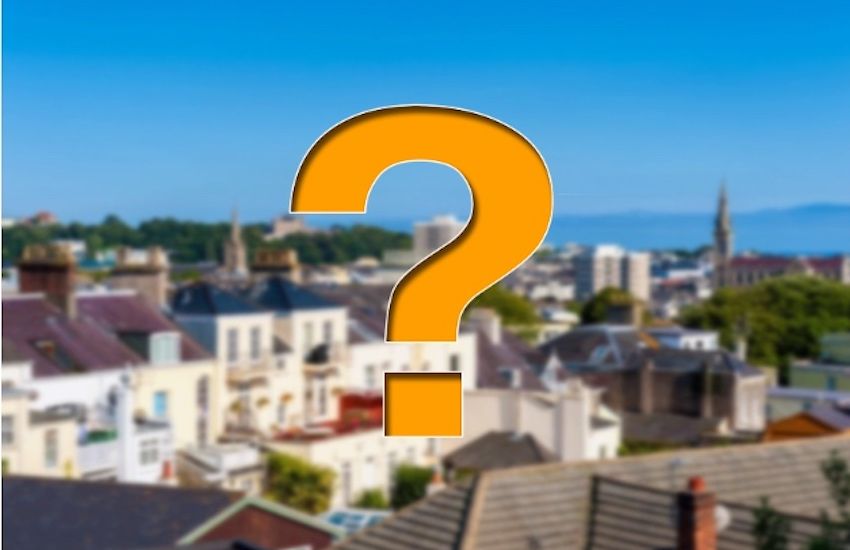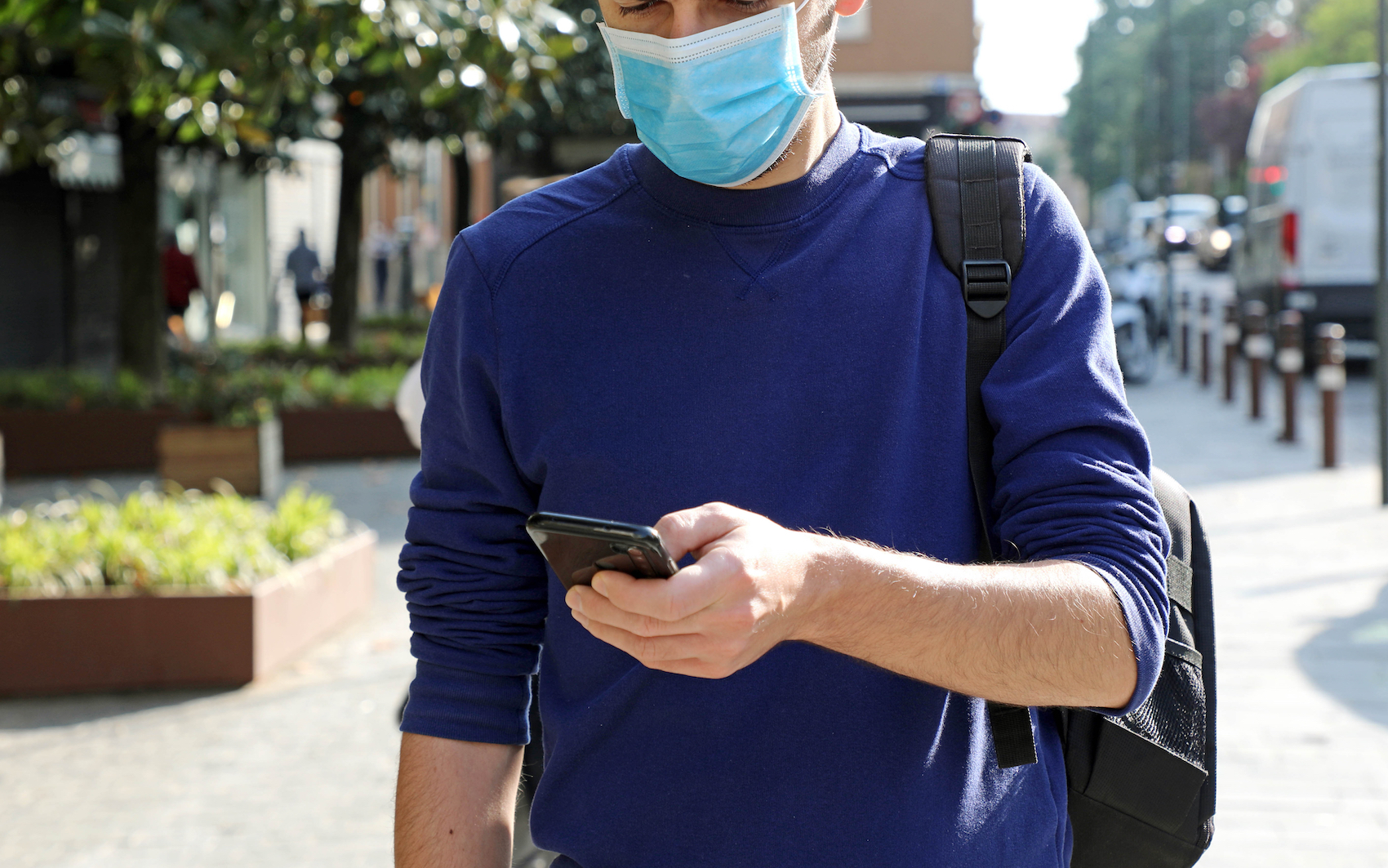


Jersey has officially moved into Level 1 of lockdown… But what does that actually mean?
According to the government, the key changes are:
The changes differ to what was initially expected under Level 1 of the government’s ‘Safe Exit Framework’, which suggested that nightclubs would be able to open and that large-scale public events would be able to be held, provided they comply with public health guidance.
Video: The press conference during which the move to Level 1 was announced.
However, announcing the move to Level 1 yesterday afternoon, Deputy Chief Minister Senator Lyndon Farnham said: “…We are taking a more cautious approach at this stage than originally planned to maintain and protect our current position whilst we continue to move forward.”
With nightclubs still unable to open under the new rules, Senator Farnham said that the government was exploring targeted support for this industry.
Although gyms are now able to open their showers, intensive indoor sports activities – such as squash – are still not permitted.
Despite pleas from local performers, live music and singing in groups such as choirs remain off the cards.
However, the government said that there were plans for “piloting a safe opening approach in the Autumn with individual organisations” across sports and theatre.

Pictured: Local choirs and performing arts groups this week made a plea to be able to perform together again.
This includes working with the Jersey Arts Centre and Opera House, as well as Cineworld, and the Jersey Bulls in partnership with Jersey Sport.
News of the island’s move to Level 1 came alongside a stark warning that as many islanders as possible must continue to observe public health guidelines or risk re-entering a lockdown situation.
The Health Minister, Deputy Richard Renouf, warned: “…Regrettably, we see that some islanders are too relaxed and casual in their observance of the measures. This increases the risk of the spread of infection on Island. Younger people especially may feel they will not be greatly affected, but I ask them to at least consider the possible devastating effects on their parents or grandparents if we lost control of the virus because of their poor behaviour.”
Hospitality businesses in particular are being pushed to gather customers’ details for contact tracing purposes.
Pictured: Hospitality venues are being strongly encouraged to log customers' details for contact tracing purposes.
Spot checks by the Health and Safety Inspectorate will be taking place next week.
If low levels of compliance are found, Ministers said that they may have to consider legislation that would allow for sanctions to be put in place.
Digital Jersey has compiled a list of digital options for local businesses to consider, which includes locally-developed solution Trax.je.
By late September, it's hoped there'll also be an app to assist with contact tracing measures after the Treasury Minister released £240,000 in funding to develop it.
Digital Jersey CEO Tony Moretta, who has been assisting with the procurement process, declined to tell Express the chosen provider of the app, but said that it would be "bespoke to Jersey".
He emphasised that it would not track islanders' movements, but instead would rely on Bluetooth to log the individuals with whom app users had been in close contact with for around 15 minutes.

Pictured: A local contact tracing app is due to be ready by September.
If one app user becomes unwell due to covid, all those that have been within close proximity to that individual will be sent a notification to advise that they should get in touch with the government's contact tracing team.
At the moment, there are just there are just seven 'active' cases of covid-19 recorded in Jersey.
The majority of cases have been picked up during the arrivals screening process. Since borders reopened in July, 18 travellers have been detected as having the virus - 13 travelled by air, and five arrived by sea.
Yesterday, the government's infectious diseases expert Dr Ivan Muscat reiterated that France is likely to be declared an 'amber' travel zone - meaning that islanders must receive two negative tests within five days to leave quarantine - within days.
He said that regional classifications remain under consideration, given the high levels reported in regions such as Manchester and Saint Malo, but noted that this can pose difficulties given that these are not insular locations, like the Canary Islands, which remained 'green' when Spain moved to 'amber' last week.

Pictured: France is likely to become 'amber' very soon, Dr Muscat said.
Meanwhile, it was decided that Iceland and the Netherlands would move from green to amber from today.
Comments
Comments on this story express the views of the commentator only, not Bailiwick Publishing. We are unable to guarantee the accuracy of any of those comments.